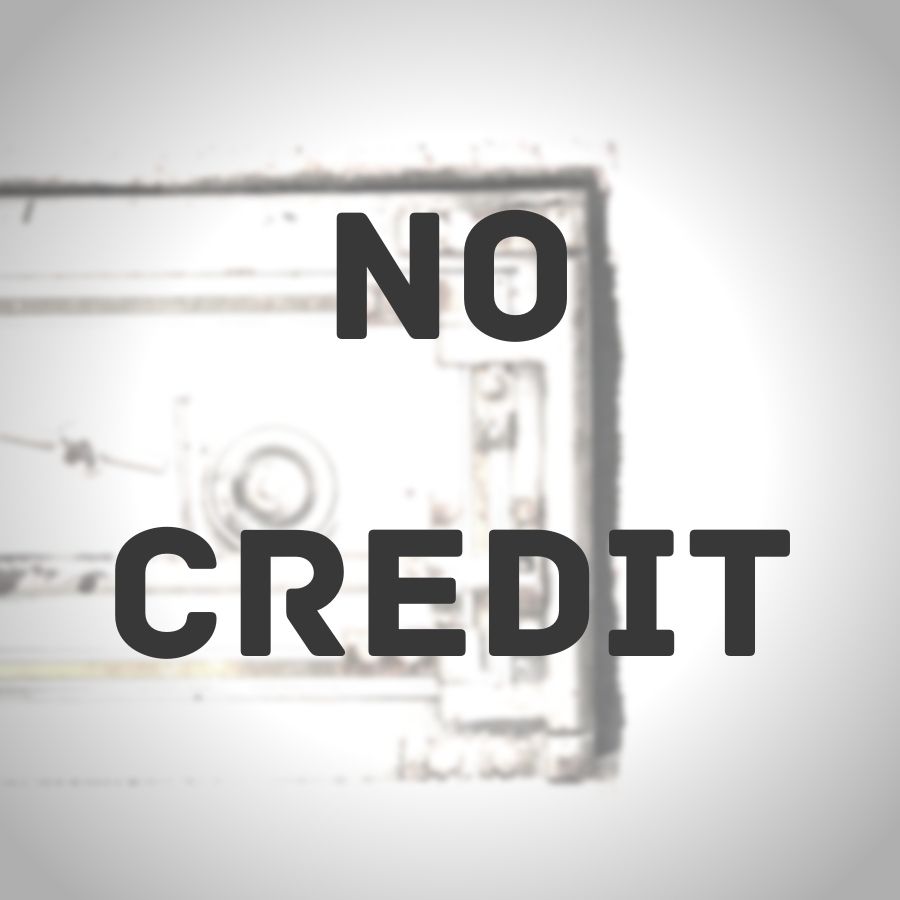
As a small business owner, you’ve probably heard of crowdfunding. You probably haven’t thought about how it could help your business. It depends on your industry and familiarity with technological trends.
I can’t say if it’s right for your business or not. Below, however, you’ll find some answers to the most commonly posted questions regarding crowdfunding for small businesses. Hopefully, this will help you decide if you want to do more research on the subject.
Think about the following:
- You don’t want to be ignorant of something that could help your business, do you?
- If others in your industry aren’t doing something then it’s not right for your business?
- Why not ignore every technological trend that could impact your business?
- What’s the biggest cost to adopting technological trends? Is it money or time?
- How has adopting other technological trends worked out for you?
“Does Crowdfunding Need to Be Paid Back?” Types and Examples
Is crowdfunding good or bad?
Like anything, it’s not black and white. Crowdfunding has both good and bad elements.
Raising capital is hard and complicated. It takes a lot of time, effort, and dedication to be successful in this area. But if you want your business idea to come to life then you’ve got to do everything necessary!
There are many crowdfunding platforms out there and you can never be sure which one is right for your business. You can always apply to more than one (more on that below). Try not to get discouraged if there’s little interest in your first stab at crowdfunding. Just as it takes some salesmanship and marketing savvy to sell to your customers, the same will be needed here too.
Stick with reputable crowdfunding sites. If crowdfunding is unexplored territory, there’s no need to take unnecessary risks by dealing with disreputable or unproven platforms.
These are some well-respected crowdfunding sites (Source):
- Kickstarter
- Indiegogo
- Crowd Supply
Crowdfunding is a good way to get the word out about your brand and it can help you find investors and customers. Crowdfunding could also speed up the product development process by committing you to specific deadlines.
The benefits of crowdfunding are numerous. From networking access with potential partners, getting feedback early before going into production, and being able to showcase ideas that might not otherwise meet investor criteria.
It also provides an avenue for testing demand outside traditional channels by gauging customer interest first-hand. This allows you to conduct valuable market research concurrently with your capital raising efforts.
“Where Can I Get Data for Market Research?” 6 Gov’t Sources
Crowdfunding can be humbling too. That’s one of the primary downsides.
There can be times when the feeling of rejection will make you feel discouraged. However, it’s important to just accept this and move forward. Waiting for your fundraising goals to be met might seem to take forever. Remember that patience is, sometimes, a virtue when running a small business.
How much money can you get from crowdfunding?
Crowdfunding is a type of funding that can help you get the funds you need to start and grow your business. It’s an amazing way to get your company off the ground and can be used to fund anything from movies and music projects to art and fashion. Most businesses will likely use crowdfunding for product development, however. Crowdfunding has become easier with websites like Kickstarter, Indiegogo, GoFundMe, and others.
What is crowdfunding?
Crowdfunding utilizes an online platform where people can pledge money to a project; generally for a reward in return. Crowdfunding allows you to gain exposure and raise funds to help start and grow your business.
How much money can you raise?
At some sites, like Kickstarter, there is no set limit for how much you can raise. Other sites have a limit or cap. Be sure to read the fine print and understand what to expect.
Many projects never get funded, so it’s important to keep expectations realistic. Also, be aware of the timeline. Your project may take a few weeks to a few months to raise the desired funds.
Risks and challenges of crowdfunding
Crowdfunding is an increasingly popular means of funding for small businesses. Although a good portion of the people who start a crowdfund fail, this is consistent with the other risks taken as a small business owner.
More than a few companies have already risen through crowdfunding. These companies are great examples of how the platform can help businesses that need funding.
9 Wildly Successful Crowdfunded Startups
Can you use multiple crowdfunding sites?
You can run more than one crowdfunding campaign at a time, but it’s not recommended. You could be juggling too many balls in the air if you do that. It can be difficult to find the time and energy to manage two or more crowdfunding campaigns along with your other obligations to your company.
You have a lot of commitments that need your attention, but it is not just about the workload. You may also receive inquiries related to the crowdfunding project. Be careful not to overcommit yourself.
Perhaps, the best way to use multiple sites for your business would be to start with one platform, then when your crowdfunding is over then you can start with another. Running back-to-back or concurrent campaigns can make you look a bit too desperate. Even worse, it might give the impression that you are trying to run some sort of scam. This is not the exposure you need when you’re trying to launch a new product or a new business.




